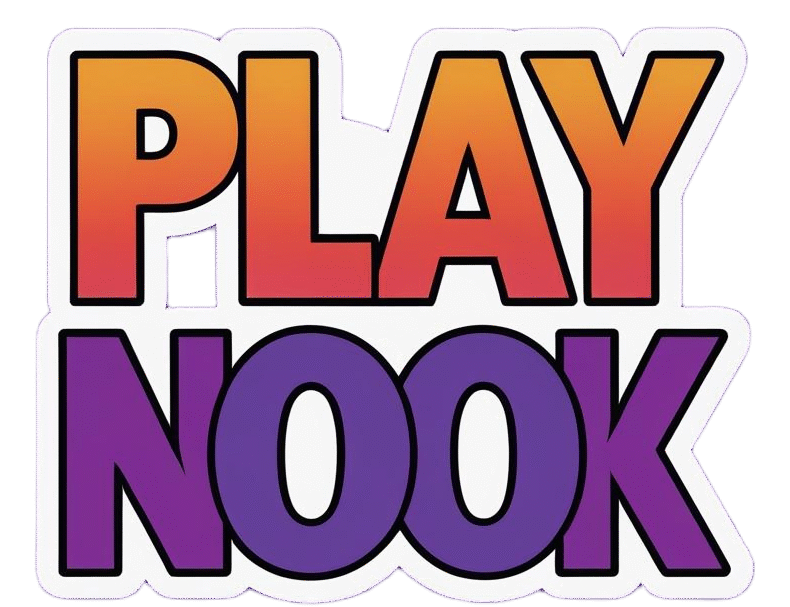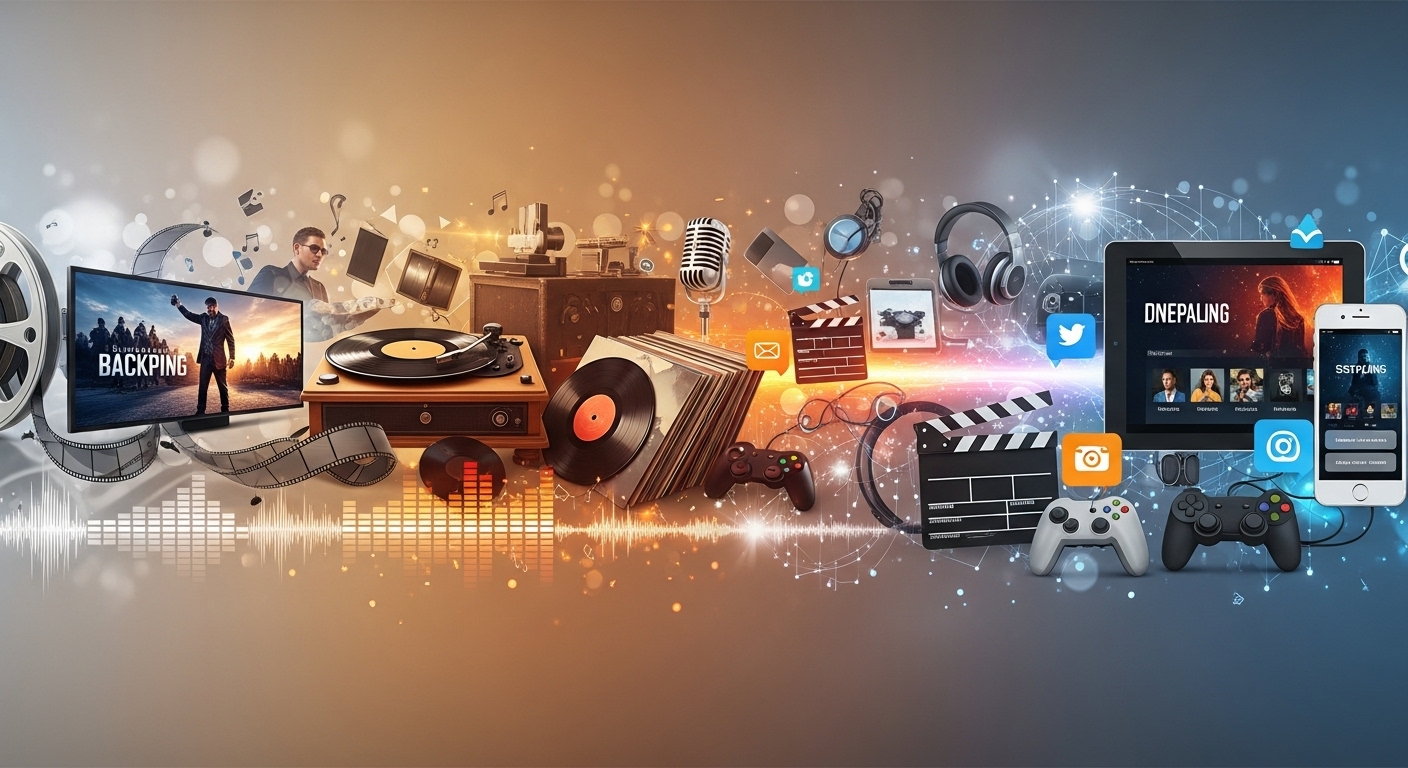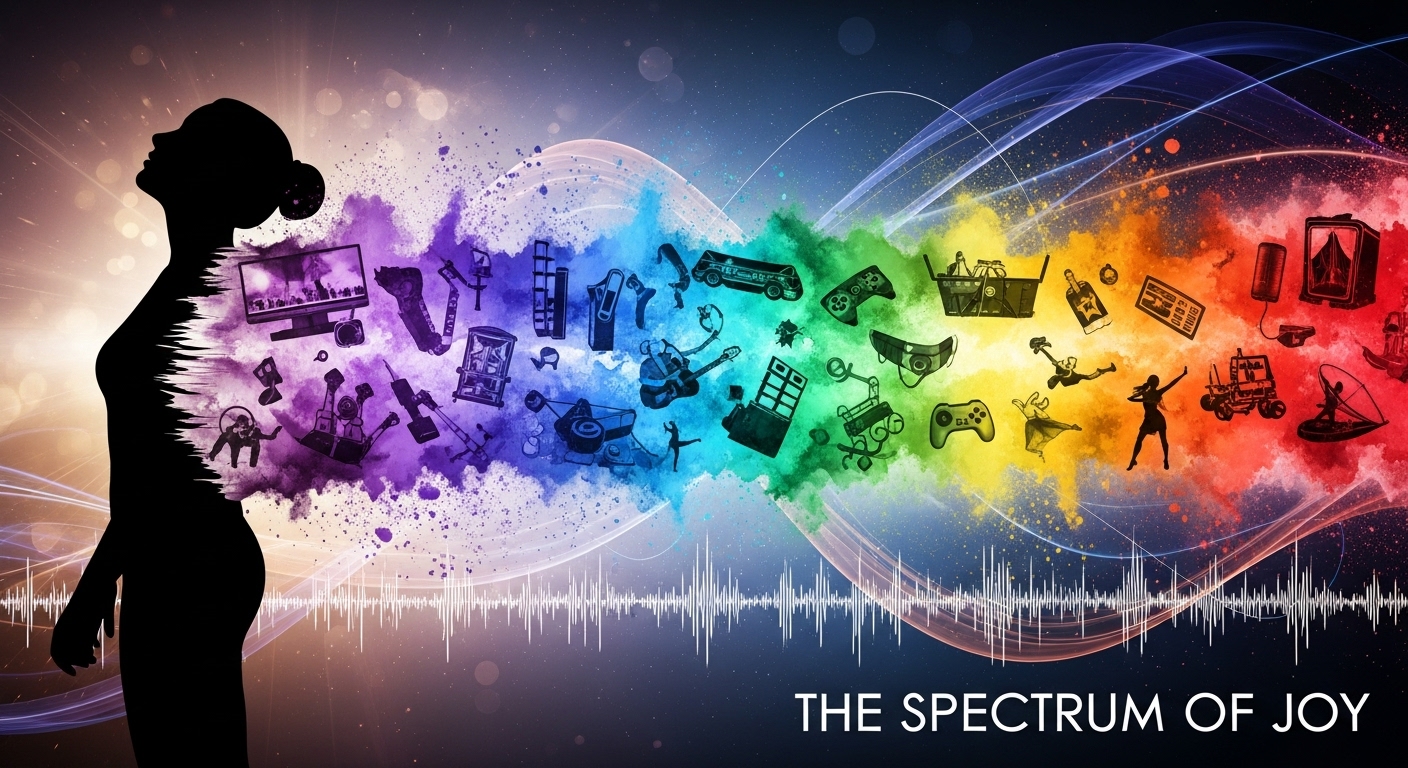Entertainment is a universal language. From the earliest days of storytelling around campfires to today’s streaming platforms, humans have always sought ways to amuse, inspire, and connect. Entertainment is not just about passing time—it shapes society, influences culture, and reflects our collective dreams and fears. In this blog, we will explore various facets of entertainment, from movies and television to gaming, music, and live experiences, while uncovering why it continues to captivate millions around the globe.
The Magic of Movies: Stories That Stay with Us
Movies have an unparalleled ability to transport audiences to different worlds. The cinematic experience is unique because it combines storytelling, visuals, sound, and emotion in a way that resonates deeply. Hollywood, Bollywood, and independent cinema all contribute to a diverse cinematic landscape.
The evolution of movies has been remarkable. From silent films to talkies, black-and-white to color, practical effects to CGI, each technological leap has transformed how stories are told. Classics like Gone with the Wind and Casablanca continue to influence filmmakers, while modern blockbusters like superhero franchises showcase the blending of spectacle and storytelling.
Moreover, cinema is not just entertainment—it’s an emotional journey. Movies evoke laughter, tears, fear, and hope. They create cultural phenomena, spark conversations, and sometimes even inspire social change. Think of films that have addressed racial inequality, mental health, or environmental concerns. They entertain while challenging audiences to think differently, proving that movies are more than just a pastime—they are mirrors of society.
Television: The Small Screen Revolution
Television has been a central part of entertainment for decades. Once, families gathered around a single TV set in the living room to watch their favorite shows. Today, the small screen has expanded into thousands of channels and streaming platforms, offering content for every taste and age group.
The golden era of television has seen the rise of critically acclaimed series that rival cinematic storytelling. Shows like Breaking Bad, Game of Thrones, and Stranger Things have redefined how stories are told on television. Unlike movies, television allows for deeper character development and complex narratives over multiple episodes or seasons. The result is a more immersive experience that keeps audiences invested over time.
Additionally, reality television has carved out its own niche. From talent competitions to lifestyle documentaries, reality TV offers relatability and escapism simultaneously. Audiences are fascinated by the unscripted, raw nature of these programs, which often reflect human behavior in exaggerated yet relatable ways.
The Power of Music: Universal Rhythm
Music is perhaps the most universal form of entertainment. It transcends language, culture, and geography. A single song can evoke powerful memories, motivate action, or provide solace in difficult times. The entertainment industry thrives on music, not only through recordings but also via concerts, festivals, and digital platforms.
The evolution of music entertainment has been fascinating. Vinyl records, cassette tapes, CDs, and digital streaming have all changed how audiences access and consume music. Each shift has democratized music, allowing more artists to reach wider audiences. Genres continuously evolve, blending old and new influences. From classical symphonies to rock, hip-hop, and electronic music, there is a sound for every mood and personality.
Live music events are another cornerstone of entertainment. Concerts and festivals bring fans together in ways that recordings cannot. The shared energy, collective excitement, and the thrill of witnessing a favorite artist perform live create memories that last a lifetime. Music entertainment is not passive—it is experiential and emotional.
Gaming: The Interactive Frontier
Gaming has transformed entertainment in recent decades, evolving from simple arcade games to highly immersive, narrative-driven experiences. Video games are no longer just pastimes; they are platforms for storytelling, strategy, and social interaction. Gamers are part of expansive worlds where they can be heroes, creators, and competitors.
Modern games often combine cinematic storytelling with interactive gameplay, creating unique experiences that movies and television cannot replicate. The gaming industry also fosters a global community. Multiplayer online games allow players from different countries to connect, compete, and collaborate in virtual environments. Gaming is a social experience, blending entertainment, teamwork, and creativity.
Esports, the professional competitive gaming scene, has further elevated gaming as a legitimate form of entertainment. With tournaments filling stadiums and millions tuning in online, esports demonstrates that games are not just hobbies—they are spectator events, much like traditional sports. Gaming continues to innovate, incorporating virtual reality, augmented reality, and artificial intelligence to create experiences that were once only imagined.
The Influence of Celebrities and Pop Culture
Celebrities are integral to entertainment. Actors, musicians, athletes, and influencers shape trends, influence opinions, and drive the popularity of various media. Pop culture, fueled by celebrity presence, reflects the zeitgeist of a generation. What celebrities wear, say, or endorse often becomes part of the larger cultural narrative.
The rise of social media has transformed celebrity culture. Fans no longer passively consume content—they interact, comment, and participate in the lives of public figures. This constant connection adds a new layer to entertainment, making it personal and immediate. Celebrities are no longer just performers; they are influencers, entrepreneurs, and role models, whether they intend to be or not.
Pop culture also thrives on nostalgia. Reboots of classic shows, remakes of beloved movies, and tribute concerts appeal to audiences’ memories while introducing these stories to new generations. Entertainment is a living archive, continuously blending past and present to stay relevant.
Streaming Platforms: A New Era of Convenience
The advent of streaming services has revolutionized how we consume entertainment. Platforms offer on-demand access to movies, shows, music, and even live events, breaking the limitations of traditional scheduling. Audiences can now curate their own entertainment experiences, binge-watch entire series, or discover new artists with a click.
Streaming has also democratized content creation. Independent filmmakers, musicians, and game developers can now reach global audiences without traditional gatekeepers. This accessibility has diversified entertainment, allowing for stories from previously underrepresented voices to flourish. Audiences benefit from unprecedented choice and variety, making entertainment more inclusive than ever.
The convenience of streaming has redefined cultural habits. Movie nights, music playlists, and gaming sessions are no longer constrained by geography or availability. Entertainment has become portable, personal, and customizable, reflecting the pace of modern life.
Live Entertainment: The Joy of Shared Experiences
While digital entertainment dominates, live experiences remain irreplaceable. Theater performances, concerts, sports events, and comedy shows provide a visceral connection that screens cannot replicate. The anticipation, energy, and spontaneity of live events create a communal joy that is deeply human.
Theater, for example, has endured for centuries because it is interactive. Audiences feed off performers’ energy, and vice versa. Modern theater often incorporates multimedia elements, pushing the boundaries of imagination while maintaining that intimate connection. Similarly, music festivals and live comedy shows create spaces where people can escape reality and immerse themselves in shared enjoyment.
Sports events are another critical aspect of live entertainment. Watching teams compete in stadiums or arenas generates excitement, camaraderie, and emotional investment. Fans experience triumphs and disappointments together, forging a sense of community that transcends the event itself. Live entertainment, in all forms, taps into the fundamental human desire to connect, celebrate, and feel alive.
Entertainment as a Reflection of Society
Entertainment does more than amuse—it mirrors the society in which it exists. Movies, TV shows, songs, and games often explore social issues, cultural trends, and human psychology. They provide insight into values, fears, and aspirations, offering a lens through which we understand the world.
For instance, dystopian films and series reflect societal anxieties about technology, politics, and the environment. Comedy often highlights absurdities in everyday life, allowing audiences to laugh at themselves while critiquing cultural norms. Music frequently addresses themes of love, struggle, and identity, resonating with listeners’ personal experiences. Entertainment both shapes and is shaped by the society it serves.
Moreover, entertainment can be a powerful tool for social change. Documentaries, biographical films, and socially conscious music have the potential to raise awareness and inspire action. In this way, entertainment is not just a mirror—it can be a catalyst for growth and transformation.
The Future of Entertainment
The entertainment industry is constantly evolving, driven by technology, creativity, and audience demand. Emerging trends suggest that entertainment will become even more immersive, personalized, and interactive.
Virtual reality and augmented reality are already transforming gaming, concerts, and film experiences. Imagine attending a live concert virtually, feeling the crowd’s energy while sitting at home. Artificial intelligence is also enhancing entertainment creation, enabling personalized music playlists, dynamic storytelling, and interactive characters. These innovations will redefine how we experience stories, music, and games.
Additionally, the integration of global cultures into mainstream entertainment is increasing. Audiences are more open than ever to foreign films, music, and games. Cultural exchange through entertainment is breaking down barriers, creating a richer, more interconnected global community.
Ultimately, the future of entertainment will continue to celebrate creativity, connection, and emotion. As long as humans seek joy, inspiration, and meaning, entertainment will remain an essential part of life.
Conclusion: Why Entertainment Matters
Entertainment is far more than a way to pass time—it is a vital part of human existence. It engages our emotions, stimulates our minds, and connects us to one another. From movies and television to music, gaming, and live events, entertainment enriches our lives, shapes culture, and inspires change.
In a rapidly changing world, entertainment adapts, innovates, and thrives. It reflects who we are, who we aspire to be, and what we fear. It brings laughter, tears, excitement, and wonder, reminding us of our shared humanity. No matter the form—screen, stage, or stage of imagination—entertainment will always have the power to captivate, move, and transform us.
Entertainment is not just about escaping reality; it is about understanding it, celebrating it, and imagining the possibilities of tomorrow. As we continue to explore new mediums and stories, one thing remains certain: entertainment will always be a cornerstone of life, a testament to the enduring power of creativity and connection.



